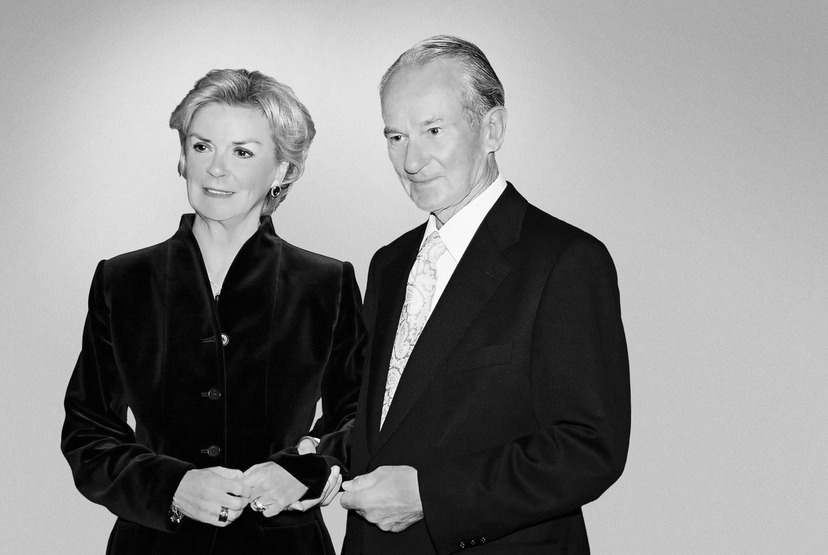The Bertelsmann Stiftung is founded
Content
“In a democracy the state must be able to rely on its citizens’ initiative and willingness to work.” Based on this belief, Reinhard Mohn founds the nonprofit Bertelsmann Stiftung on February 8, 1977. The foundation is formally established on March 14 of that year. In an institutionalized form, the foundation continues the sociopolitical, cultural, and social engagement of the proprietor families Bertelsmann and Mohn. The foundation is also meant to ensure continuity within the company, which is why Reinhard Mohn makes the nonprofit foundation the majority shareholder in Bertelsmann AG.
Initial projects focus on political and corporate leadership, the media, culture, education, and the social welfare and health sector. In 1978, the first Bertelsmann Stiftung book is published, a study entitled “Communication Styles and the Book.” Given its increasing number of activities, the Bertelsmann Stiftung establishes the position of executive director on January 1, 1979, a role held by Dr. Hans-Dieter Weger until September 30, 1990. His first office is located in a two-family residence at Carl Miele Strasse 198.
Baseline study: "Communication Styles and the Book"
The goal of this intermedial study was to examine the position and significance of the book as a communications tool in the context of all other media. This means obtaining the most objective possible data for the use of books in comparison to other media, as well as identifying the subjective uses of books as viewed by their readers/users. In addition, the study was not limited to the adult population; it also included children and youth, in order to show the importance of books as schoolbooks, textbooks and reference books. To achieve these goals, a multistage procedure was chosen, which included group discussions, development of a questionnaire, a survey of 2,015 adults and 821 children and young people, a written follow-up survey, typology analyses and evaluations. The study findings suggest conclusions related to media policy and social policy. They confirm that the book has long since developed from the medium of a small minority to a mass medium. When examined according to age group, the findings show that the book is a medium particularly relevant to younger people. They also confirm that electronic media and reading media are not at all competitors in the sense that watching television keeps people from reading books.



